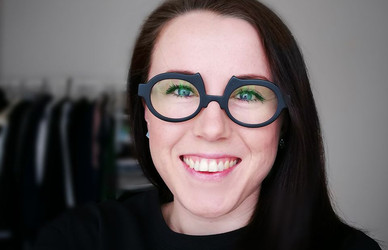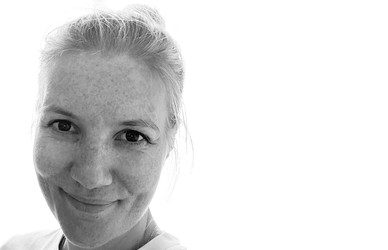Great interest in the REDO design conference in Kolding
The number far exceeds the expectations of the research team, and temporarily appointed Head of Research Anne Louise Bang feels overwhelmed and pleased:
”We are extremely happy about the level of interest and support for our conference, which focuses on creating actions. On how designers can gain more influence and make a positive difference in people’s lives. The contributions we have received are mainly from DO’ers. That means people who in one way or another work to translate actions of thinking into actions of doing focusing on sustainability, social inclusion and design education. We are always competing with other conferences in terms of relevance and contributions. However, the large number of submissions we have received tells me that the design society gives priority to this theme and shares our ambition to create an impact in the world.”
The contributions include 132 papers and 20 films. Now awaits the big task of selecting the best ones. To this purpose, Design School Kolding has set up an international panel of researchers comprising Cumulus Association members and Design School Kolding’s other research networks. The reviewers assess theme, relevance and dissemination and even their own level of expertise in evaluating the individual contributions. Based on the evaluations of the panel, the programme committee, supervised by Professor Rachel Cooper of Lancaster University, will make the final selection.
A total of 323 authors coming from 44 countries and 6 continents have submitted contributions. 30-50 per cent can expect to make it through the eye of the needle and present at the conference, which takes place at Design School Kolding 30 May to 2 June 2017.
In 2017, Design School Kolding and the international Cumulus Association will be hosting a large, international conference with the title REDO. The purpose of the conference is to zoom in on design’s role in creating a sustainable future and achieve impact on political decision-making processes.




